GEORGIA AND THE EU DEAL
- Home
- Eu Green Deal and Georgia
Georgia and the EU Green Deal
Georgia is one of the stakeholders, which over the last couple of years has witnessed an increasing interest in energy and climate law among legal subjects. The country is characterized as an ‘EU-willing’ state endeavouring to create a stable, EU style market-oriented regulatory framework with competitive price setting mechanisms. Beyond the ongoing energy sector reform via transposing EU energy legislation onto national legal system, Georgia is in the position to systemize its ill-regulated energy sector deeply intertwined with strong climate stressors.
In April 2021, Georgian Government has approved the updated targets of Nationally Determined Contribution (NDC) to curb carbon emissions after the breakthrough Paris Agreement submitted to UNFCCC Secretariat as well as the Climate Strategy 2030 and the Strategy Action Plan 2021-2031. The implementation of the Paris Agreement, inter alia, requires alignments of already assumed obligations in domestic normative system and legal harmonization with regard to the EU climate and energy acquis.
Notwithstanding the positive tendencies in Europeanization of the sector, transportation of EU energy and climate acquis presents considerable challenges to the country. Apart from ongoing formats of cooperation with the EU, like EU-Georgia Association Agreement (AA) and Energy Community Treaty (EnCT), EGD and its subsequent actions allude some more cautious tone to the ongoing energy reform.
Nevertheless, it still creates uneven expectations of how EGD and new climate agenda support Georgia in greening national policies.
According to the Association Agreement, Georgian legal system is already facing great challenges. This agreement obliges Georgia to fulfil its commitments within certain deadlines and to implement in full or in part important EU legal acts in Georgia. The Association Agreement included “Strengthening environmental governance through the adoption and implementation of new legislation on environmental impact assessment, strategic environmental assessment; Adopt new environmental liability legislation, ensure access to environmental information for the public and involve the public in decision-making, including with the participation of stakeholders;
Integrate environmental issues into different areas of political activity and improve the mechanism for sharing environmental information”, which is in line with the principles of the Unified Environmental Information System (SEIS). In this regard, the following was done: In accordance with the EU directives, the Environmental Assessment Code came into force on January 1, 2018, which was required by the Association Agreement between the EU and Georgia. The Code sets out the


